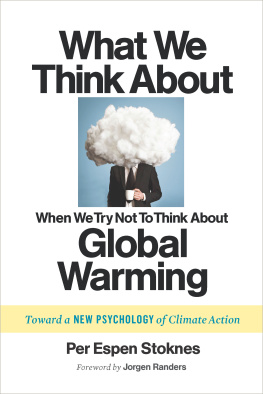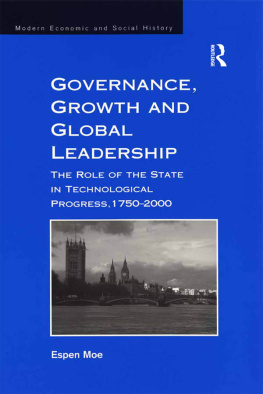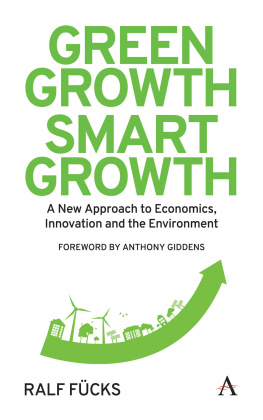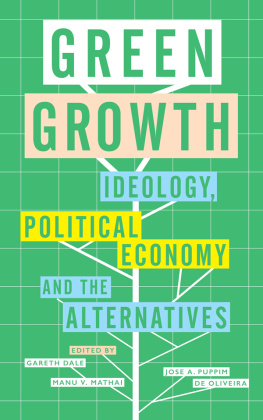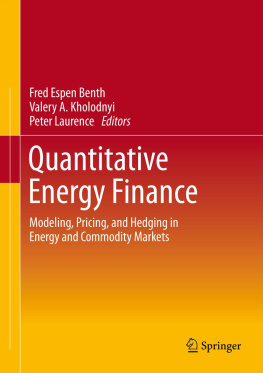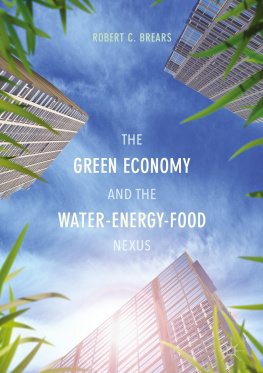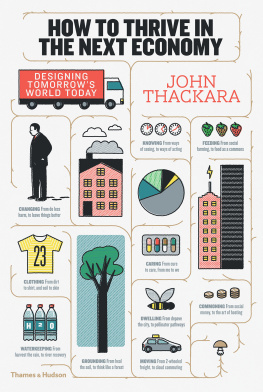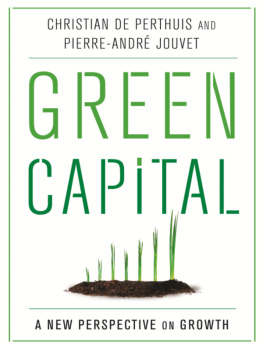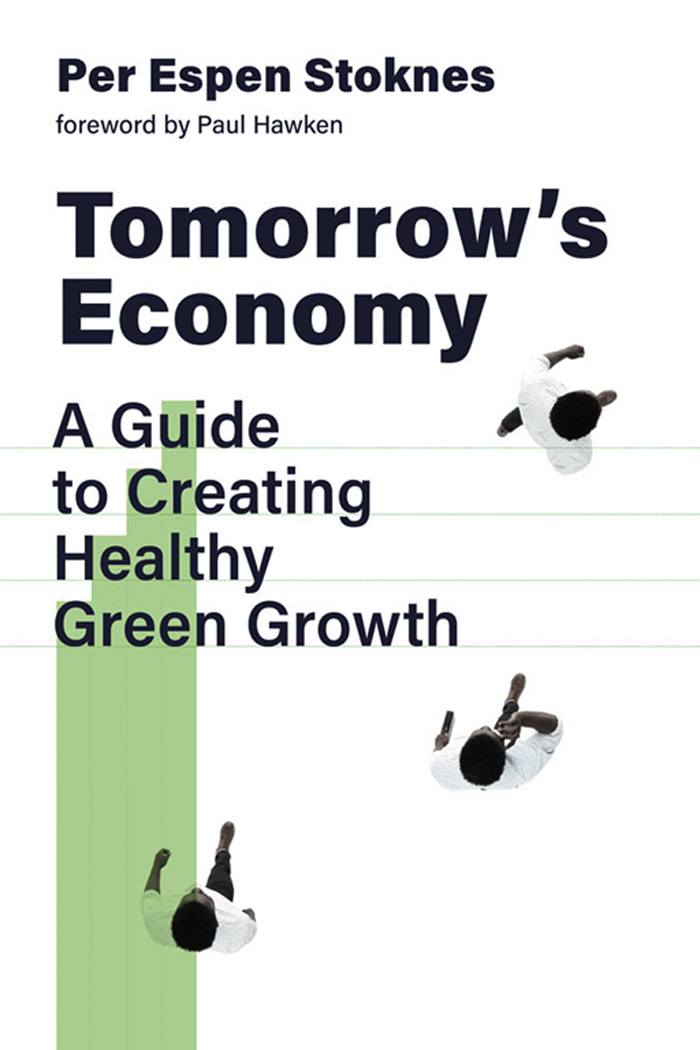
TOMORROWS ECONOMY
TOMORROWS ECONOMY
A Guide to Creating Healthy Green Growth
Per Espen Stoknes
Foreword by Paul Hawken
The MIT Press
Cambridge, Massachusetts
London, England
2021 Massachusetts Institute of Technology
All rights reserved. No part of this book may be reproduced in any form by any electronic or mechanical means (including photocopying, recording, or information storage and retrieval) without permission in writing from the publisher.
This book was set in Adobe Garamond Pro by New Best-set Typesetters Ltd.
Library of Congress Cataloging-in-Publication Data
Names: Stoknes, Per Espen, author.
Title: Tomorrows economy : a guide to creating healthy green growth / Per Espen Stoknes; foreword by Paul Hawken.
Description: Cambridge, Massachusetts : MIT Press, [2021] | Includes bibliographical references and index.
Identifiers: LCCN 2020007225 | ISBN 9780262044851 (hardcover)
Subjects: LCSH: Economic developmentEnvironmental aspects. | Sustainable developmentPsychological aspects.
Classification: LCC HD75.6 .S748 2021 | DDC 338.9dc23
LC record available at https://lccn.loc.gov/2020007225
10 9 8 7 6 5 4 3 2 1
d_r0
To all who hunger for systems change, the impatient ones
Contents
Foreword
If a writer wanted to sail into the most troubled and murkiest of academic waters, it would be economics. Although the economic profession considers itself a science, albeit a social science, it is not. It is descriptive theory about markets and value. Commerce is the root of economics. It is an ancient practice. We make, we buy, we sell. We use symbols of gain, precious metal coins or currencies, to engage in one of the oldest ways cultures connectthe exchange of value. The language around economics is imbued with water metaphors, making it seem as if modern-day exchanges are a natural phenomenon. Money flows like water. There is financial liquidity, we channel our investments, or, as happens in recessions, sources of capital dry up. Wealth trickles down, or, in good times, the rising tides raise all boats. These terms obscure the reality of economics as taught and practiced. It is not about the simple acts of commerce. Modern economics describes the complex financial dynamics of capitalism, an economic system that has accomplished three things. It has improved the living conditions of billions of people. Second, it has nearly destroyed the capacity of the Earth to support those conditions. Third, it has concentrated wealth in unimaginable ways, a profound imbalance of riches that disempowers and harms billions of people.
Tomorrows Economyproposes a balance sheet of the world. In finance, a balance sheet discloses assets, liabilities, and capital. As Per Espen points out with both facts and flair, the balance sheet of the world leaves out all three accounts. What are the assets of planet Earth? Clean air and water, fertile soil, abundant fisheries, insects. We know only that they are all diminishing, but we have no total. And liabilities. The ocean receives 30 percent of anthropogenic carbon dioxide emissions in the form of carbonic acid. The acidifying ocean has reduced phytoplankton populations by 30 percent, yet phytoplankton are the source of 50 percent of atmospheric oxygen. And capitalwhat is our stock of natural capital? Pollinators, glaciers, rivers, aquifers, primary forests, wetlands. Economics does not account for these because it is based on the belief that there are no physical limits to economic growth as long as there is sufficient labor, capital, and technical progress. Financial balance sheets do not reflect the multiplicity of the Earths resources unless they are commodified and sold. Economists are aware of the elision, albeit perversely. Nobel Prizewinning economist Robert Solow once admitted that if the biological limits of nature were taken into account, theories of unlimited economic growth would not be possible. Or to put it another way, there would be a scarcity of key elements for a healthy economy. Exactly.
Economists simulate reality using models. The scope of their models does not include tidal saltmarshes, gender equality, corruption, desertification, or burning forestsfor starters. The models capture capital flows, labor markets, asset allocation, interest rates, inflation, but not life itself.
Next page

